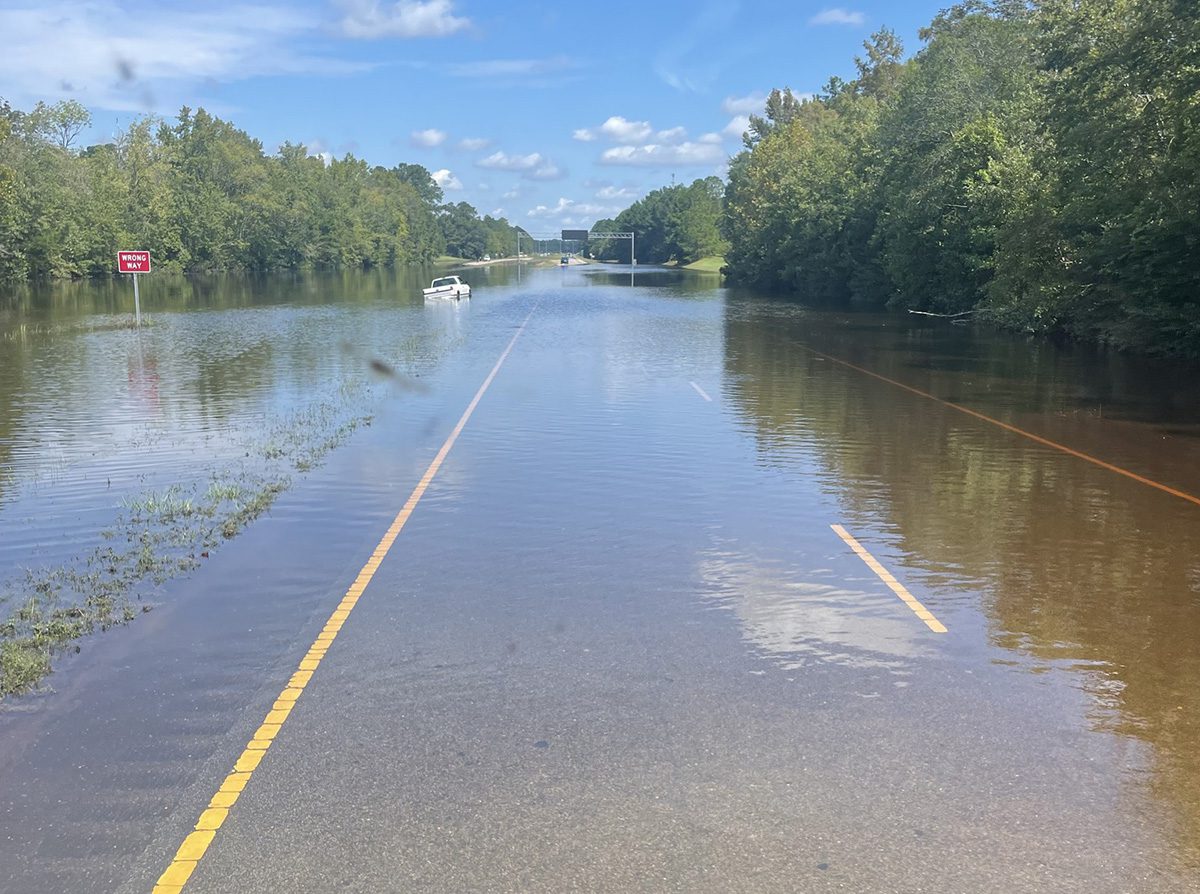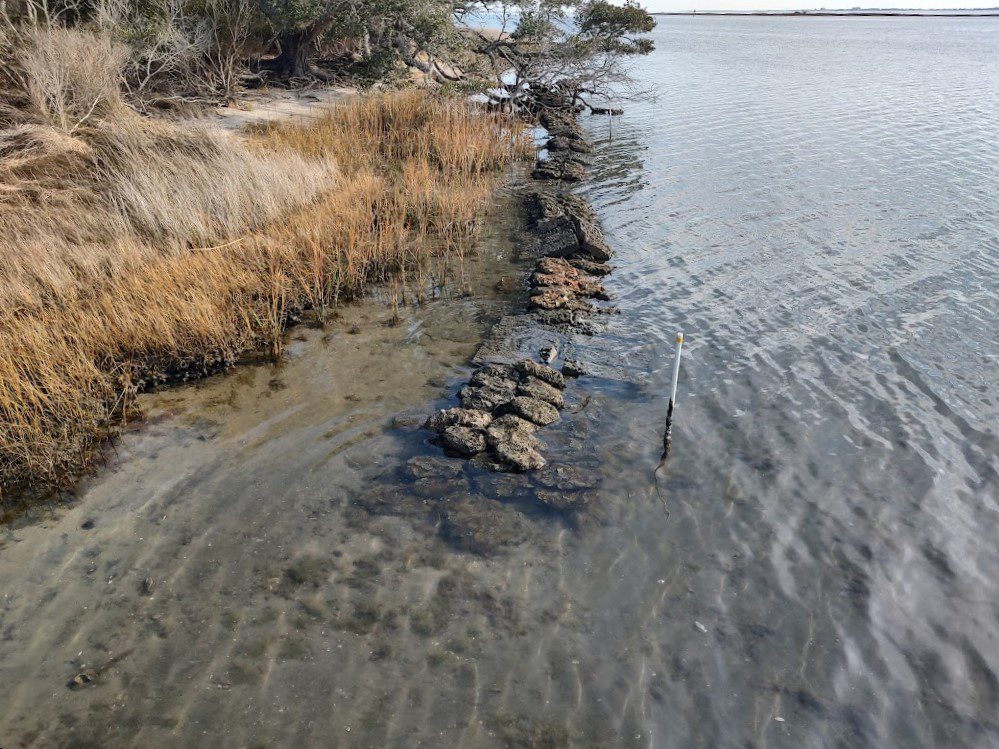
Brunswick County commissioners will not pause new development.
Instead, board members agreed during their Monday night meeting to further explore the possibility of creating a stormwater utility as a way to address mounting concerns about the county’s ongoing building boom.
Supporter Spotlight
“The stormwater utility would help solve the problem of increased growth, polluted stormwater, and improve the drainage capabilities of the county that are susceptible to flooding,” Commissioner Pat Sykes said. “Within this we should be able to designate certain areas as special protection areas. These areas would determine, should they be low, medium or high density.”
This utility is created to collect fees from property owners, which are then used to maintain and improve drainage systems.
Sykes eventually seconded a motion made by Chairman Randy Thompson to direct county staff to move forward with coming up with a plan to establish a temporary moratorium on new commercial, multifamily and single-family home construction. Thompson suggested a moratorium would span 120 days.
Commissioners voted down the motion 3-2.
“I’m sorry, but I’m not in favor of a moratorium,” Commissioner Marty Cooke said. “I don’t see legally we can do it.”
Supporter Spotlight
Thompson reiterated concerns he raised at the board’s Sept. 23 meeting as reasons for implementing a building pause, one he and supporters of a moratorium say is needed to give the county time to examine its water and wastewater service capacity, current fire service adequacy, impacts of pending construction, floodwater management, and update its unified development ordinance, or UDO.
“I honestly believe that all these things need to be addressed,” he said Monday night. “They need to be addressed quickly, but it takes time to address them properly and so that is why I am still firmly in the belief that we need to do a moratorium.”
Others agreed, arguing that the county can make the case a building moratorium is needed to address imminent public health and safety concerns.
Gene Vasile, president of the Alliance of Brunswick County Property Owners Association, said Thompson’s comments at the Sept. 23 meeting summarized the most serious consequences of “excessive development.”
“Ask yourself, how can developments the size of small towns be approved in areas that are served by volunteer fire departments?” Vasile said. “The consequences of rapid development without advanced planning for its ramifications are serious and irresponsible. In the interest of public health, safety and good order, a moratorium on the approval of certain new development is essential.”
Shallotte Mayor Walter Eccard shared those sentiments, saying he believed county commissioners have the authority to declare a moratorium “for the purpose of addressing public safety and adequacy of infrastructure.”
Eccard, who said he was speaking as a resident of the county, referenced widespread damage in the county caused by flooding from the unnamed storm that dumped more than 15 inches of rain onto the area last month.
“The impact of recent uncontrolled growth and its related clear-cutting raised, at a minimum, serious questions with respect to the adequacy of the county’s rules for stormwater control, flood mitigation and other matters,” he said. “As you know the recent storm resulted in local flooding, road closures, bridges destroyed, limitations of emergency vehicle access and inadequate evacuation routes. These present serious public health and safety concerns.”
Major new developments, Eccard said, have been approved without a review of whether existing fire and emergency services could adequately serve them.
“It’s clear to many of us that this is a recipe leading to catastrophe,” he said.
Rather than call for a building moratorium, St. James Mayor Jean Toner asked commissioners immediately approve text amendments to the county’s UDO that address trees and green space, transportation overlay zoning and transportation impact analysis.
Toner said rampant clear-cutting, high-density housing and inadequate requirements for developers to create open space, “have created a situation where development is neither well-managed nor responsible.”
“Since 2020 the county has approved 37,500 new housing units,” she said. “UDO text amendments are necessary to mitigate the problems that result from these changes. Revisions to mitigate flooding associated with stormwater runoff are overdue. How much more flooding, damaging homes, businesses and roads and bridges, must we experience before change is made?”
Rather than establish a building moratorium, County Manager Steve Stone recommended to commissioners amend the county’s stormwater ordinance and enhance the flood prevention ordinance.
Specifically, Stone suggests developers be required to include stormwater designs for a 100-year storm event rainfall. Currently, the ordinance requires plans for a 25-year event.
“It’s technically feasible to implement this change within 120 days of beginning the process,” he said, referring to a stormwater ordinance amendment.







